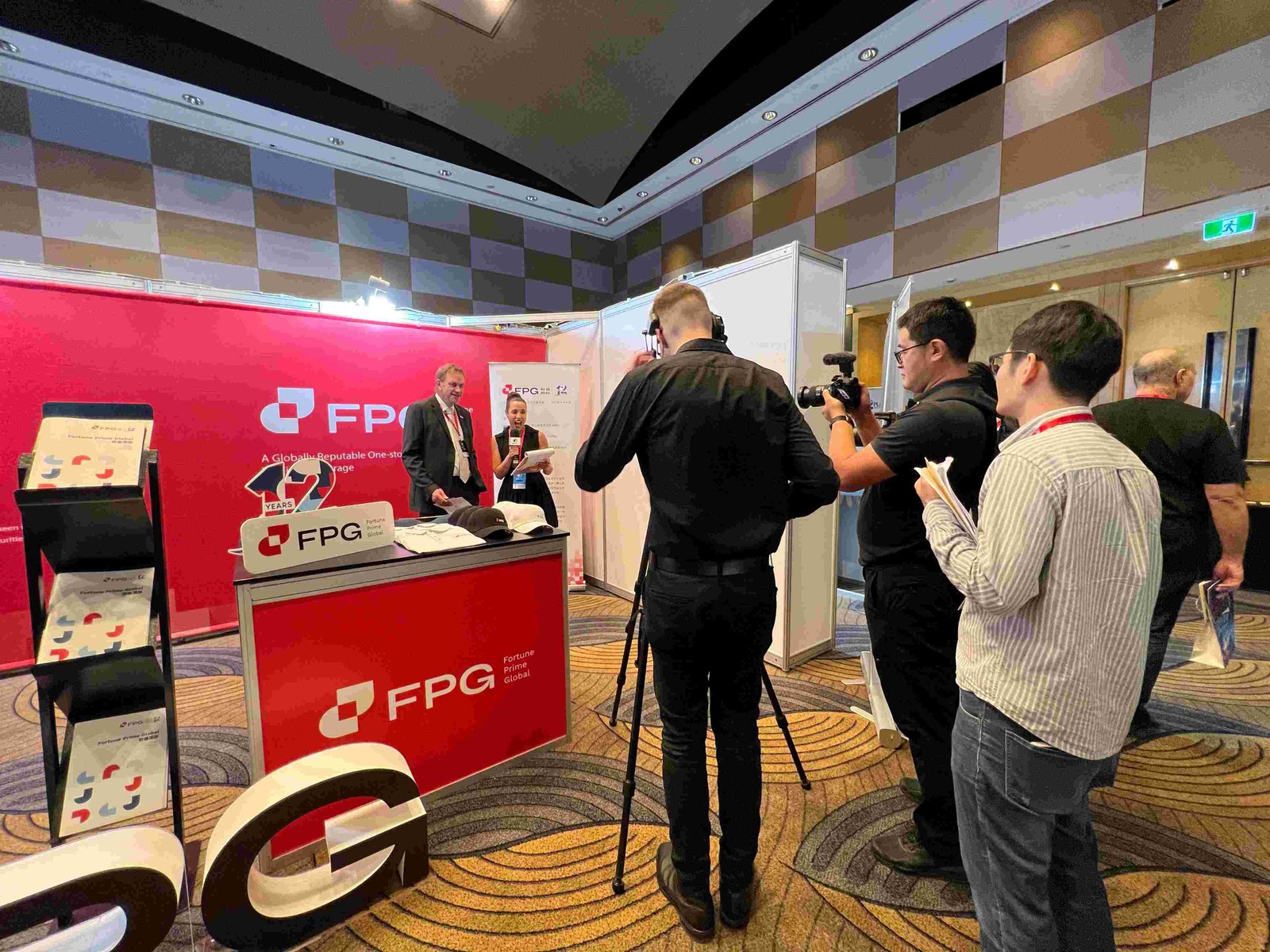Introduction: The Forex Broker – More Than Just a Middleman
The role of the forex broker has significantly evolved beyond simply connecting buyers and sellers in the foreign exchange market. In today’s dynamic landscape, brokers are crucial partners, providing not just access to the market but also a suite of tools and services designed to enhance the trading experience and empower both novice and experienced traders. This evolution is driven by technological innovation, regulatory pressures, and the increasing sophistication of forex traders themselves.

Technological Innovation: A Catalyst for Change
One of the most significant drivers of change in the forex industry is technological innovation. From sophisticated trading platforms to cutting-edge analytical tools, technology has transformed the way people trade. Forex brokers are at the forefront of this revolution, investing heavily in research and development to offer their clients the best possible trading experience. This includes the development of intuitive and user-friendly trading platforms, accessible via desktop, web, and mobile devices. Furthermore, brokers are increasingly leveraging Application Programming Interfaces (APIs) to enable traders to integrate their own custom-built trading strategies and algorithms directly into the market.
The Rise of Social Trading and Copy Trading Platforms
A major trend shaping the modern forex brokerage landscape is the rise of social trading and copy trading platforms. These platforms allow less experienced traders to follow and automatically copy the trades of more successful traders. This ‘social’ aspect of trading has democratized access to the forex market, allowing newcomers to learn from experienced peers and potentially profit from their expertise. Brokers are actively developing and integrating these features, creating vibrant trading communities where knowledge and strategies are shared. This fosters a collaborative environment and allows beginners to learn while mitigating some risks.
Smart Trading and Intelligent Copy Trading Systems
Going beyond basic copy trading, the concept of ‘smart trading’ is gaining traction. This involves using algorithms and artificial intelligence to analyze the performance of different traders and suggest optimal copying strategies. Smart copy trading systems take into account factors such as risk tolerance, past performance, and trading style to automatically allocate funds to different traders, maximizing potential returns while minimizing risk. This enhances the overall copy-trading experience by simplifying the selection process and optimizing portfolio allocation.
The Critical Importance of Security and Regulation
In an industry where significant sums of money are traded online, security and regulation are paramount. Forex brokers must adhere to strict regulatory requirements to ensure the safety of their clients’ funds and the integrity of the market. Reputable brokers are regulated by recognized financial authorities, such as the Financial Conduct Authority (FCA) in the UK, the Australian Securities and Investments Commission (ASIC), or the Cyprus Securities and Exchange Commission (CySEC). These regulations mandate that brokers maintain segregated client accounts, implement robust risk management procedures, and comply with anti-money laundering (AML) regulations.
Keeping Abreast of Forex News and Market Analysis
Forex brokers often provide access to up-to-date forex news and market analysis, empowering traders to make informed decisions. They offer resources like economic calendars, technical analysis reports, and expert commentary, assisting clients in understanding market trends and identifying potential trading opportunities. Access to reliable and timely information is crucial for successful forex trading, and brokers play a vital role in providing this information to their clients.
The Trading Experience: A Key Differentiator
In a competitive market, the trading experience is a key differentiator for forex brokers. Factors such as platform usability, customer support responsiveness, and the availability of educational resources all contribute to the overall trading experience. Brokers that prioritize user experience are more likely to attract and retain clients. This includes offering multilingual support, providing comprehensive training materials, and continuously improving their trading platforms based on user feedback.
Looking Ahead: The Future of Forex Brokerage
The future of forex brokerage is likely to be shaped by further technological advancements, increasing regulatory scrutiny, and evolving client expectations. Brokers that embrace innovation, prioritize security, and provide a superior trading experience will be best positioned to thrive in this dynamic environment. The integration of artificial intelligence, blockchain technology, and personalized trading solutions will further transform the industry, offering traders even greater control and flexibility. The role of the forex broker will continue to evolve, solidifying its position as a crucial partner in the success of forex traders worldwide.
